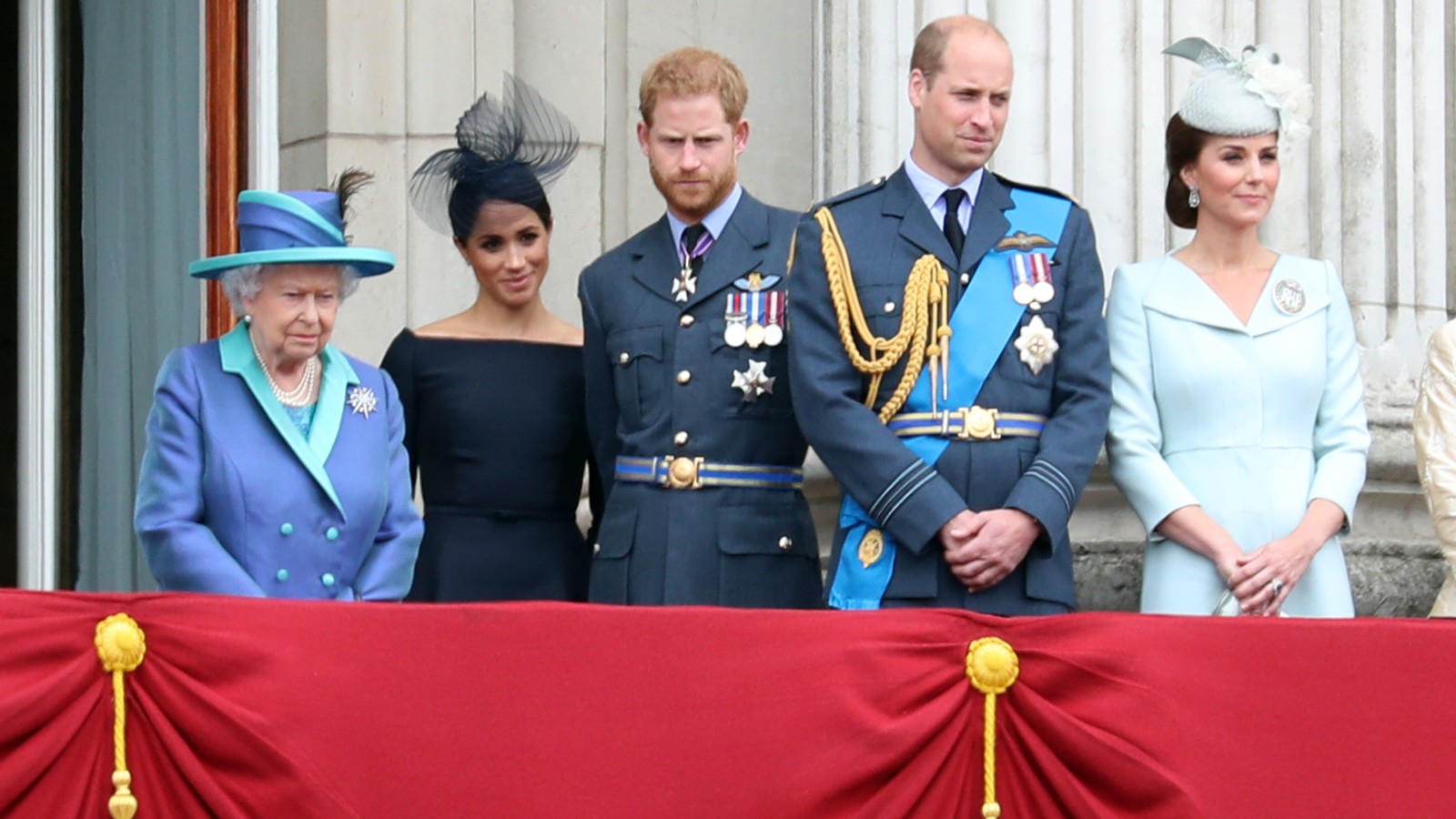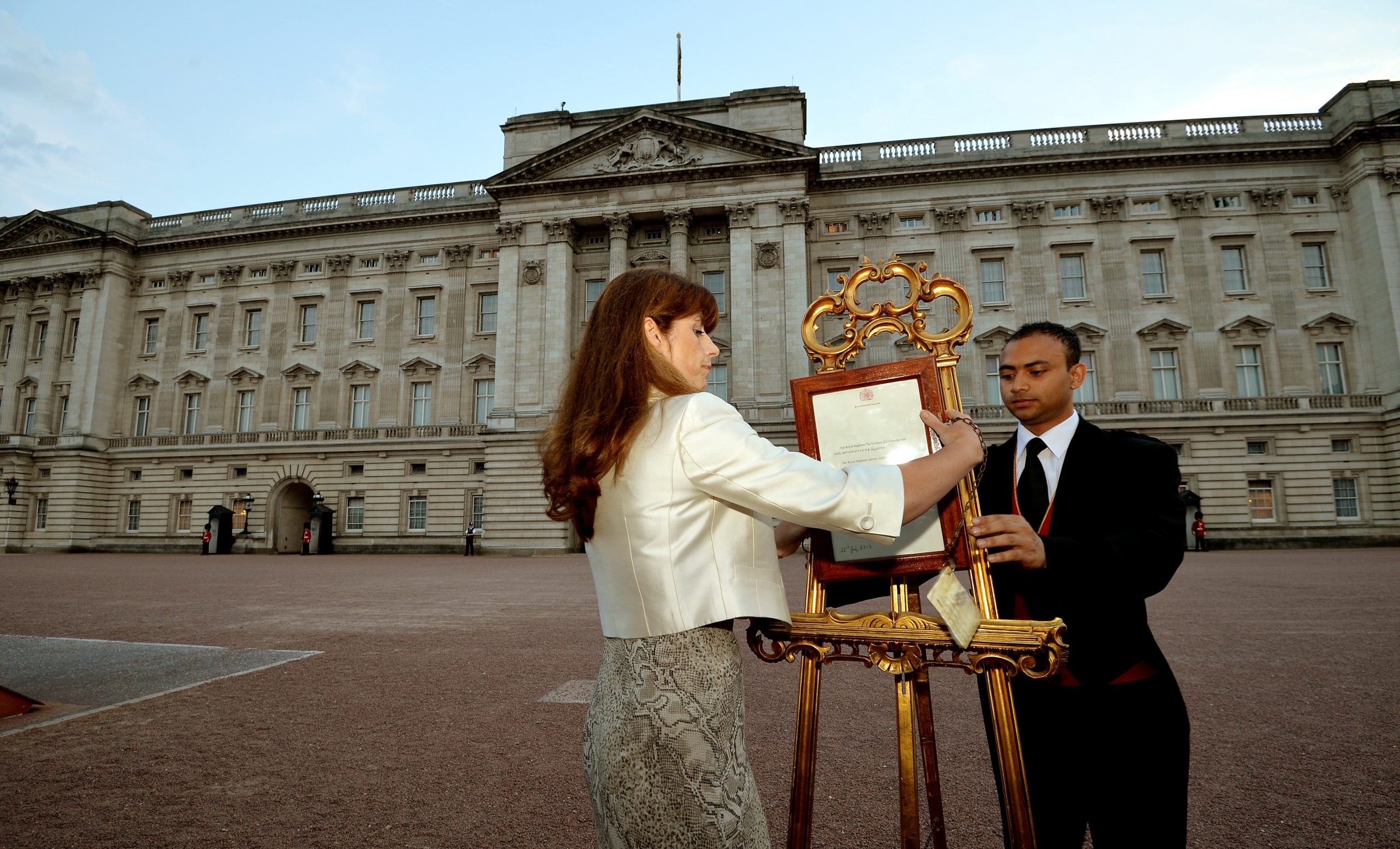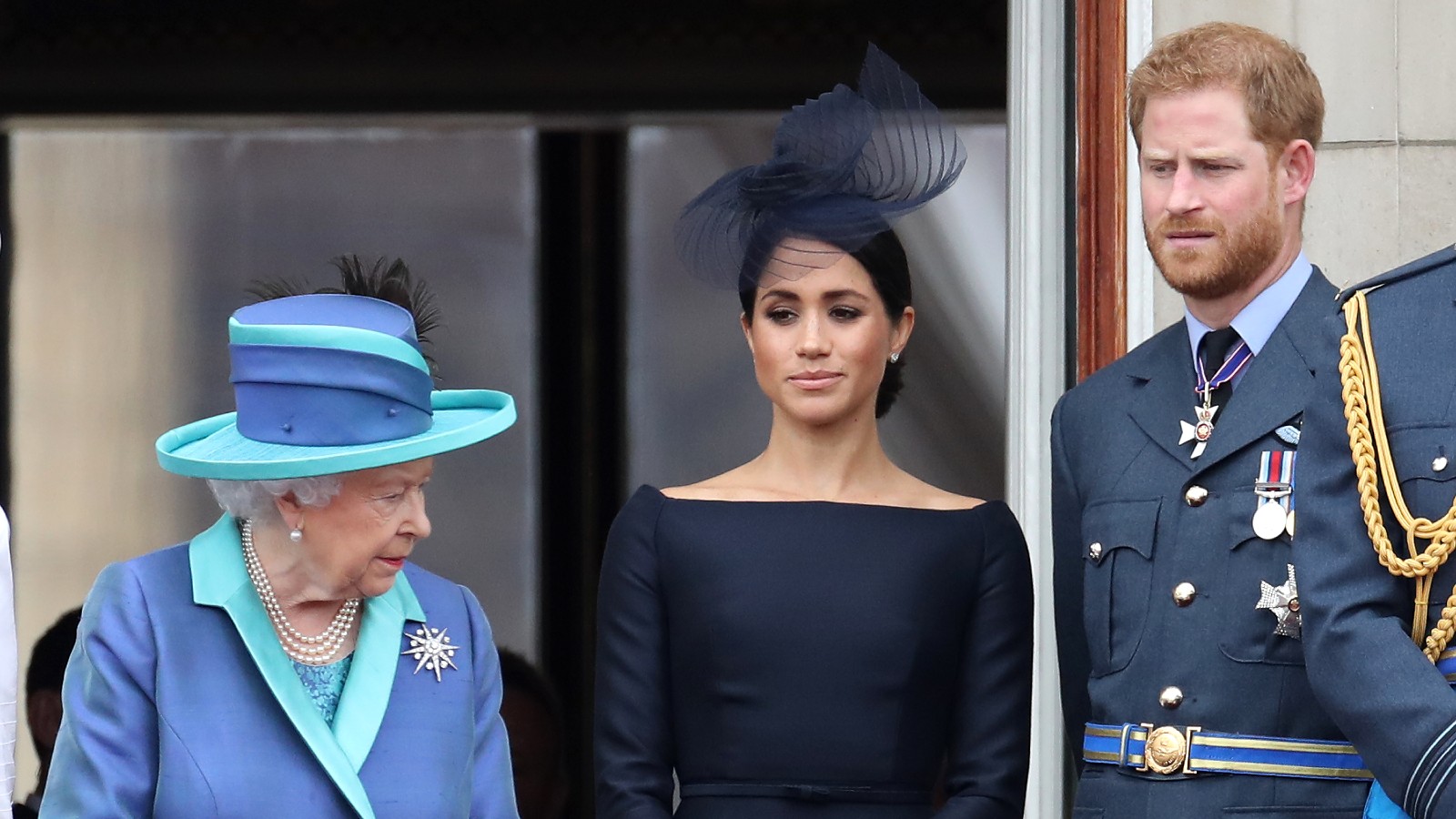Buckingham Palace 'banned' ethnic minorities from office roles until 1960s, unearthed papers claim


Parenting advice, hot topics, best buys and family finance tips delivered straight to your inbox.
You are now subscribed
Your newsletter sign-up was successful
Buckingham Palace 'banned' ethnic minorities from working in office roles until the 1960s, unearthed papers have claimed.
- Buckingham Palace courtiers are said to have banned “coloured immigrants or foreigners” from working in clerical roles in the royal household until at least the late 1960s, according to newly discovered documents.
- The new claims are expected to reignite the debate over the British royal family and race.
- This royal news comes after the sad reason Prince Harry could pull out of Princess Diana’s memorial trip is revealed.
Unearthed documents have claimed, "coloured immigrants or foreigners" were banned from working in office roles in Buckingham Palace until at least the late 1960s.
The papers, discovered at the National Archives as part of an ongoing investigation by the Guardian, into the royal family's use of Queen's consent, to secretly influence the content of British laws, also shed light on how the Palace negotiated controversial clauses.
Some of these remain in place to this day and exempt the Queen and the royal family from laws that prevent race and sex discrimination.
The revelations come after Prince Harry hinted he is preparing to expose even more royal bombshells as he compares himself to his late mother Princess Diana.

The papers contain detailed information from 1968 in which the Queen's financial manager told civil servants that "it was not, in fact, the practice to appoint coloured immigrants or foreigners" to clerical roles in the royal household, although they were permitted to work as domestic servants.
It is not clear when the practice ended and the Guardian reports that Buckingham Palace refused to answer any questions about the ban and when it was revoked.
Parenting advice, hot topics, best buys and family finance tips delivered straight to your inbox.
And while the documents are a thing of the past, the contents are expected to refocus the attention on the royal family's historical and current relationship with race, following on from Meghan Markle and Prince Harry's claim that an unnamed member of the royal family expressed ‘concern’ about ‘how dark’ baby Archie’s skin would be when he was born during their explosive Oprah Winfrey chat.
The allegation prompted Buckingham Palace to issue a statement and Prince William declared that the royal family was “very much not” racist.
Responding to these latest unearthed claims, the Guardian reports that Buckingham Palace said its records showed people from ethnic minority backgrounds being employed in the 1990s. It added that before that decade, it did not keep records on the racial backgrounds of employees.
Meanwhile, in the 1960s government ministers sought to introduce laws that would make it illegal to refuse to employ an individual on the grounds of their race or ethnicity. And while all other businesses are bound by the equality laws that followed, the Queen has remained personally exempt for more than four decades since the 1970s when politicians implemented a series of racial and sexual equality laws to eradicate discrimination.
As a result, it makes it impossible for women or people from ethnic minorities working for her household to complain to the courts if they believe they have been discriminated against.

In a statement to the Guardian, Buckingham Palace did not dispute that the Queen had been exempted from the laws but added that it had a separate process for hearing complaints related to discrimination. The palace did not respond when asked what this process consists of.
The unearthed papers show that government officials coordinated Queen Elizabeth II's advisors on the wording of the laws in the 1970s.

Selina is a Senior Family Writer for GoodtoKnow and has more than 16 years years of experience. She specialises in royal family news, including the latest activities of Prince George, Charlotte, Louis, Archie and Lilibet. She also covers the latest government, health and charity advice for families. Selina graduated from the University of Sheffield in 2006 with a degree in Journalism, and gained her NCTJ and NCE qualifications. During her career, she’s also written for Woman, Woman's Own, Woman&Home, and Woman's Weekly as well as Heat magazine, Bang Showbiz - and the Scunthorpe Telegraph. When she's not covering family news, you can find her exploring new countryside walking routes, catching up with friends over good food, or making memories (including award-winning scarecrows!)